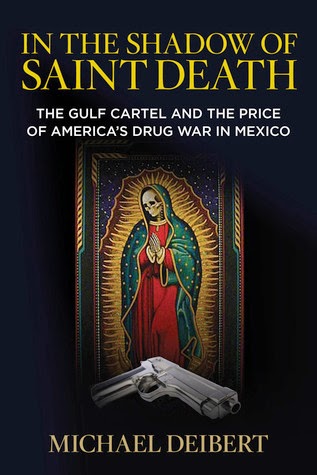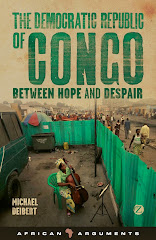We picked our way through the tall grass outside of the village of Bogoro in the Ituri region of the Democratic Republic of Congo, a farmer, my guide and myself.
This was the place where, in February 2003, at least 200 people were slain when the Ngiti and Lendu-dominated Force des Resistance Patriotique d’Ituri (FRPI) militia attacked this largely Hema town, at the time a redoubt of the Gegere and Hema-led Union des Patriots Congolais (UPC ). The siege was part of the terrible wave of atrocities on both sides that went on, largely with the connivance of neighboring Uganda and Rwanda, until 2005.
As we walked through the field in the strong morning light, the farmer pointed out the scattered bones on the ground. He explains how three of his own children were killed in his house and how “we could not even recognize the skeletons of our children” when he returned to the village because there were so many there. At least 60,000 people are said to heave died in the area’s fighting.
Ituri has the misfortune to have abundant timber, and gold deposits that many experts believe to be among the most promising in the world, and yet so many tens of thousands of its people were sent to die brutal, criminal deaths so that those competing to control those very resources might have a moment of political advantage. Dressed up under the guise of ethnic conflict, the fall of the machete and the report of the rifle, as so often the case here in Africa, represented in the final analysis an expression of monetary greed.
I will write an article about it very soon, but before I do I think it is appropriate to ponder all those who passed.
I remember some lines that the poet Philip Larkin once wrote:
A serious house on serious earth it is,
In whose blent air all our compulsions meet,
Are recognised, and robed as destinies.
And that much never can be obsolete,
Since someone will forever be surprising
A hunger in himself to be more serious,
And gravitating with it to this ground,
Which, he once heard, was proper to grow wise in,
If only that so many dead lie round.
Subscribe to:
Post Comments (Atom)




No comments:
Post a Comment